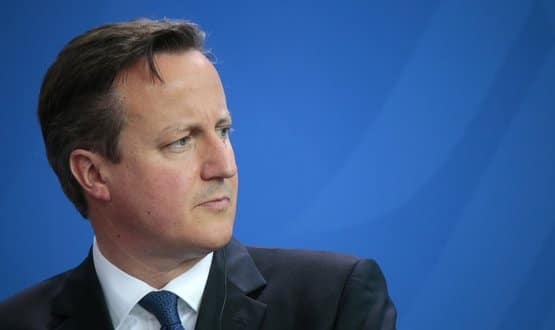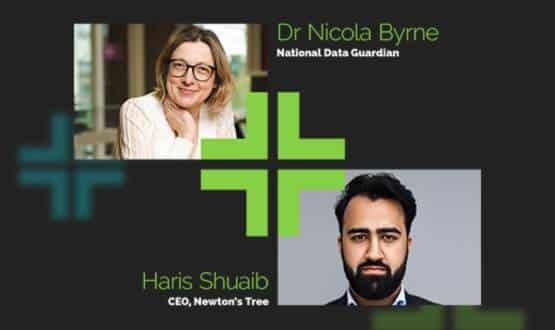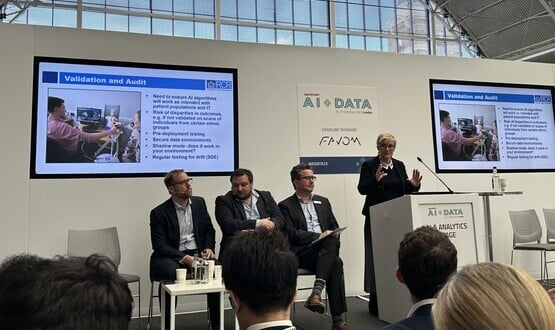PM announces £300m for genome project
- 4 August 2014

Prime Minister David Cameron has announced a £300m investment into the project to sequence 100,000 genomes by 2017.
The ambitious project to sequence 100,000 genomes and link the results with a national database of electronic patient records was launched by health secretary Jeremy Hunt last year.
It is led by an organisation called Genomics England, which is owned and funded by the Department of Health.
Last week, Cameron unveiled a new £78m partnership deal between the organisation and Illumina, a company which will deliver infrastructure for the genome sequencing.
As part of the deal, Illumina will invest around £162m into the work over the next four years.
“This agreement will see the UK lead the world in genetic research within years,” said Cameron.
“I am determined to do all I can to support the health and scientific sector to unlock the power of DNA, turning an important scientific breakthrough into something that will help deliver better tests, better drugs and above all better care for patients.
“As our plan becomes a reality, I believe we will be able to transform how devastating diseases are diagnosed and treated in the NHS and across the world, while supporting our best scientists and life science businesses to discover the next wonder drug or breakthrough technology.”
EHI reported last month that NHS England, which is responsible for a number of deliverables on the project including identifying, collecting and supplying high quality samples, aims to have between three and five genomics centres in place by January 2015.
Last week, it issued its invitation to tender for organisations wanting to become a genomics centre.
The commissioning board will underwrite an NHS contribution of up to £20m during the lifetime of the project and Simon Stevens, NHS England’s chief executive, said the NHS is set to become “one of the world’s go-to’ health services for the development of innovative genomic tests and patient treatments.”
“The NHS’ comparative advantage in unlocking patient benefits from the new genomic revolution stems from our unique combination of a large and diverse population, with universal access to care, multi-year data that spans care settings, world-class medicine and science, and an NHS funding system that enables upstream investment in prevention and new ways of working, as demonstrated by this ground-breaking 100,000 Genomes Project,” he said.
The Wellcome Trust, which has invested £1 billion in genomic research, will spend £37m on a “world class sequencing hub” at its ‘Genome Campus’, which will host Genomics England’s operation, alongside the Sanger Institute.
The Medical Research Council will invest £24m in providing “computing power” to make sure the data is properly analysed and interpreted.
Sir John Chisholm, executive chair of Genomics England said: “This is a real milestone in turning this ambitious project into what we always intended which is a world leading project capable of delivering immense benefit to current and future patients.”
Patient consent will be obtained locally by the genomics centres and the data will be protected through Genomics England’s secure data services.




